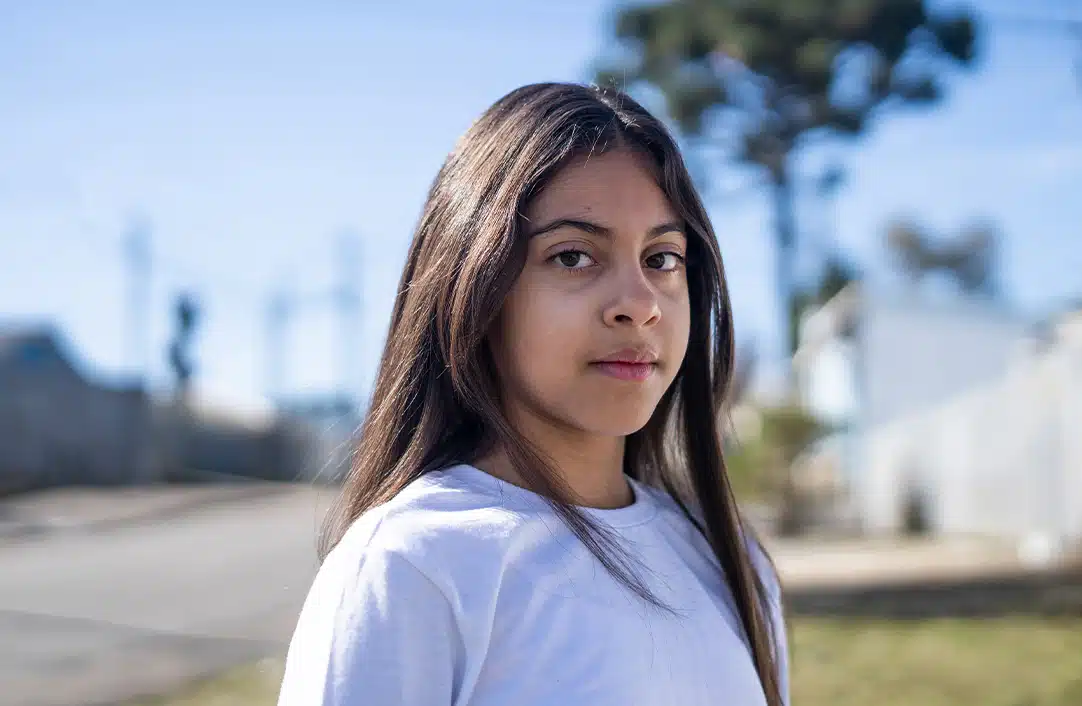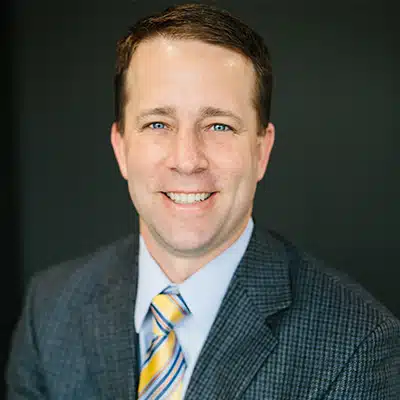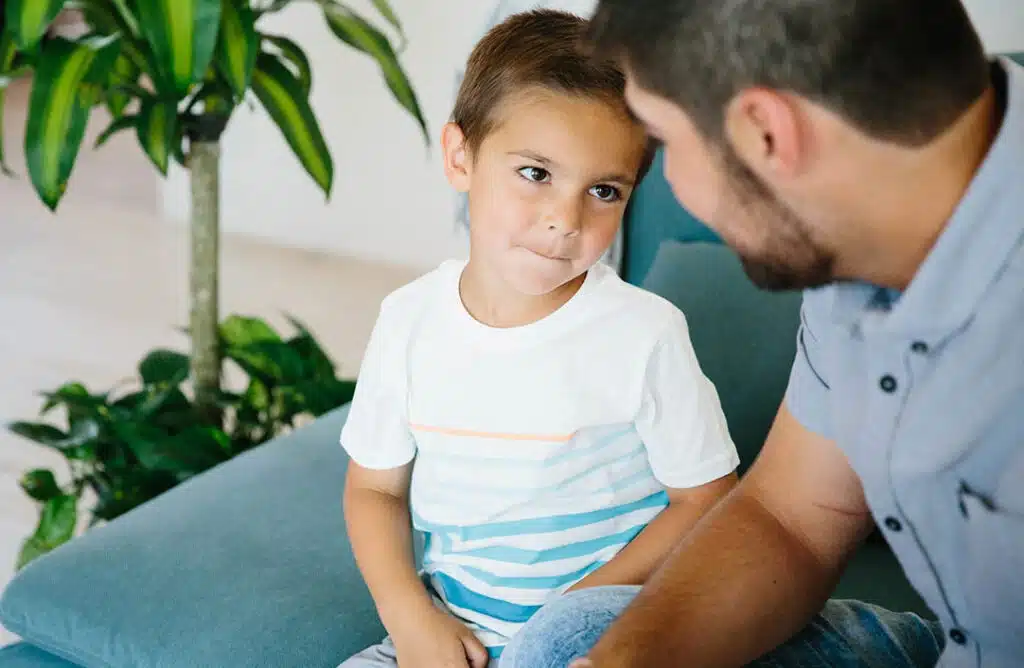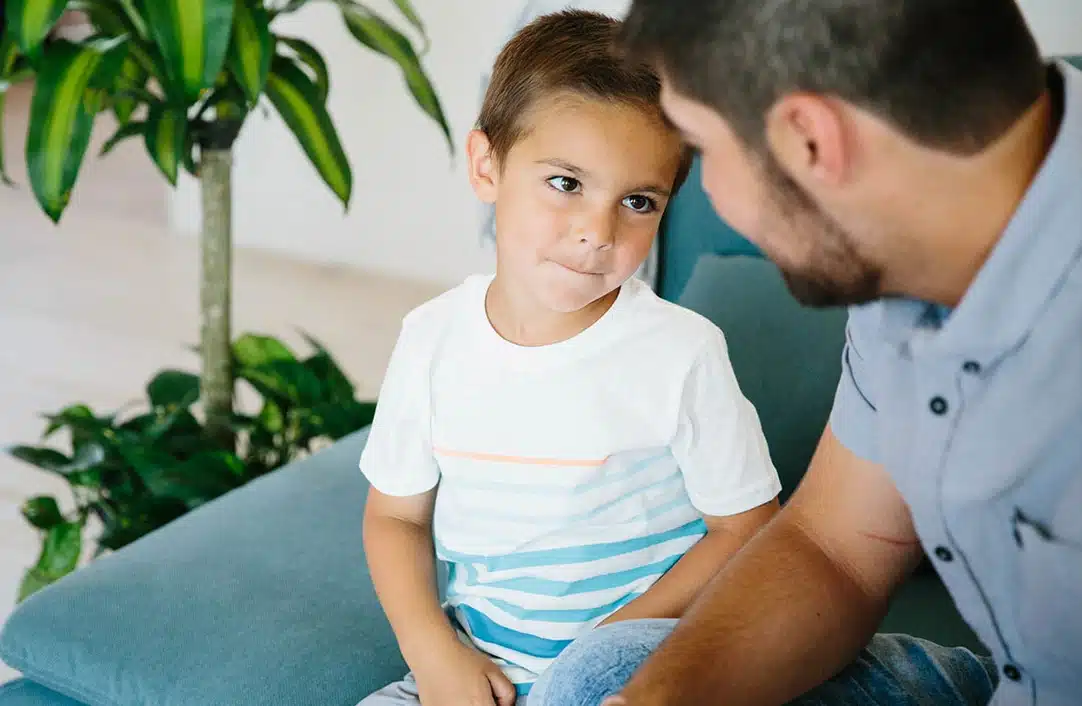
The current surge of awareness and attention on child sex trafficking is both encouraging and disheartening. It is encouraging because we, as a society, are finally acknowledging this horrific practice. It is disheartening because our current dialogue about the issue of child sex trafficking is inconsistent with the most prevalent risks in our nation and local communities. This dialogue fails to recognize the realities of how, when, and where most children are trafficked for sex. To make it worse, individuals are choosing to politicize the issue with the intent to gain power. Leveraging a non-political issue for political gain is another form of exploitation and can do additional harm, including compounding existing trauma, to child sex trafficking survivors.
Our common humanity calls on us to act when we become aware of any injustice. Child sex trafficking being used as a political tool is one of those injustices. Rather than letting ourselves buy into the dialogue placing child sex trafficking into the political sphere, let’s focus on ways to understand the realities of the issue and protect children against traffickers and sexual exploitation.
In order to protect children against the risks of child sex trafficking, we as a society need to move to productive dialogue around the issue, capitalize on the positives of the current awareness, and take effective preventative action.
Move to Productive Dialogue
If we want to make the dialogue around the issue productive, it needs to be based on concrete research-based facts. For example, the majority of child sex trafficking victims in the U.S. were trafficked by a member of their family and nearly 46% were trafficked by a parent/guardian.1
This context is critical to understanding the issue. It prompts us to focus our protective efforts and dialogue away from strangers and abductions and toward strengthening homes and families. Of course, abductions do occur with trafficking, but they are rare relative to the overall issue. Focusing solely on protecting against abductions makes us more likely to miss the much more common forms of trafficking happening all around us. When we understand that child sex traffickers are more likely to target children close to them, the signs and warnings that we watch for will shift. When we are watching for the most likely scenarios, we are much more likely to be prepared to spot and help child sex trafficking victims through the proper channels.
A second researched-based fact that can guide productive dialogue is that 87% of youth who are trafficked for sex have experienced sexual abuse prior to being trafficked.2 As the saying goes, correlation is not causation, but when correlations are as high as 87%, we need to pay attention. This realization drives our efforts to address not only child sex trafficking but other types of child sexual abuse. With earlier interventions, we can better prevent not only the initial abuse a child may experience, but also lower the risk of revictimization through sexual exploitation and other harms. Many survivors of childhood sexual abuse could be spared the lasting impacts of additional trauma if healing and protective resources were more readily available.
Promoting dialogue based around research will allow us to address real issues that survivors and those at risk of child sex trafficking face. For more research-based facts to guide your discussions, you can read through Saprea’s research brief.
Capitalize on the Positives of the Current Awareness
With facts in hand, we are better prepared to discuss the issue of child sex trafficking. The next question is how can we utilize the positives of the current awareness levels around the issue? Discussions around child sex trafficking are rapidly increasing, and it is vital that we use that awareness to cement the issue in society’s mind. Three things can help us be successful in using current awareness levels to benefit trafficking survivors, victims, and children.
01
Focus on the issue, not on the politics.
02
Acknowledge the proximity to home.
03
Discuss the issue personally, not just online.
Take Effective Preventative Action
The natural response to awareness of a problem is the desire to act. The desire to do something is built into our biology; failure to act often creates incongruence with our beliefs. We feel more fulfilled and confident when we answer this biological call to act. While the desire to act comes easily, we often aren’t sure where to begin when it comes to acting against difficult issues like child sex trafficking.
The best place to take action is within your family and immediate community. Once you have learned about the issue, learn how to protect the children within your own communities and educate others on how they too can help. The top five principles that can protect children from traffickers and sexual abuse are:
01
Assess risky situations and practice navigating them.
02
Teach how to set and respect healthy boundaries.
03
Keep the lines of communication open.
04
Discuss sexual development.
05
Model and develop emotional well-being.
Usually, parents or primary caregivers are best equipped to teach and apply these principles. Families can create safety plans, establish and communicate their values, and share the plan with those who have roles in their child’s life. Prevent Child Abuse Utah has a sample safety plan available at its website and parents can create their own from a template.
Of course, communities can and should support the family in prevention and education efforts, but parents and caregivers must take on the primary role in protecting children against sex traffickers and abuse. Yes, protecting other people’s children is positive and noble, but focusing on others when our own homes and neighborhoods are full of risk is one of the great ironies of our current response to this issue. Protect who you can and protect where you are now. Help others to protect their own by educating on the topic and encouraging productive (and accurate) dialogue around the issue of child sex trafficking. Let’s address these misunderstandings, shift the dialogue, and do better for our children.
Additional Resources
- Saprea - https://saprea.org/
- Malouf Foundation - https://www.malouffoundation.org
- Prevent Child Abuse Utah - https://pcautah.org/
- Thorn - https://www.thorn.org/child-trafficking-statistics/
- Polaris Project - https://polarisproject.org/child-sex-trafficking/
- Missing Kids - https://www.missingkids.org/theissues/trafficking
- Human Trafficking Hotline - https://humantraffickinghotline.org/en/find-local-services
- ECPAT-USA - https://www.wearepact.org
- The National Child Traumatic Stress Network - Understanding and Addressing Trauma and Child Sex Trafficking
Finally, if you see something suspicious, call local law enforcement immediately to make a report. In addition, you may also report a tip to the National Human Trafficking Hotline at 1-888-373-7888 or text “info” to 233733. You should never engage with a potential trafficker or violent situation. This could put you and the person being trafficked in danger.
About the authors
- Chris YadonManaging Director of Saprea
- Laurieann ThorpeExecutive Director of Prevent Child Abuse Utah
- Jake NeeleyExecutive Director of The Malouf Foundation
Each of these organizations is dedicated to ending child sexual abuse.
Recent blogs

Common Symptoms Experienced by Adult Survivors of Child Sexual Abuse
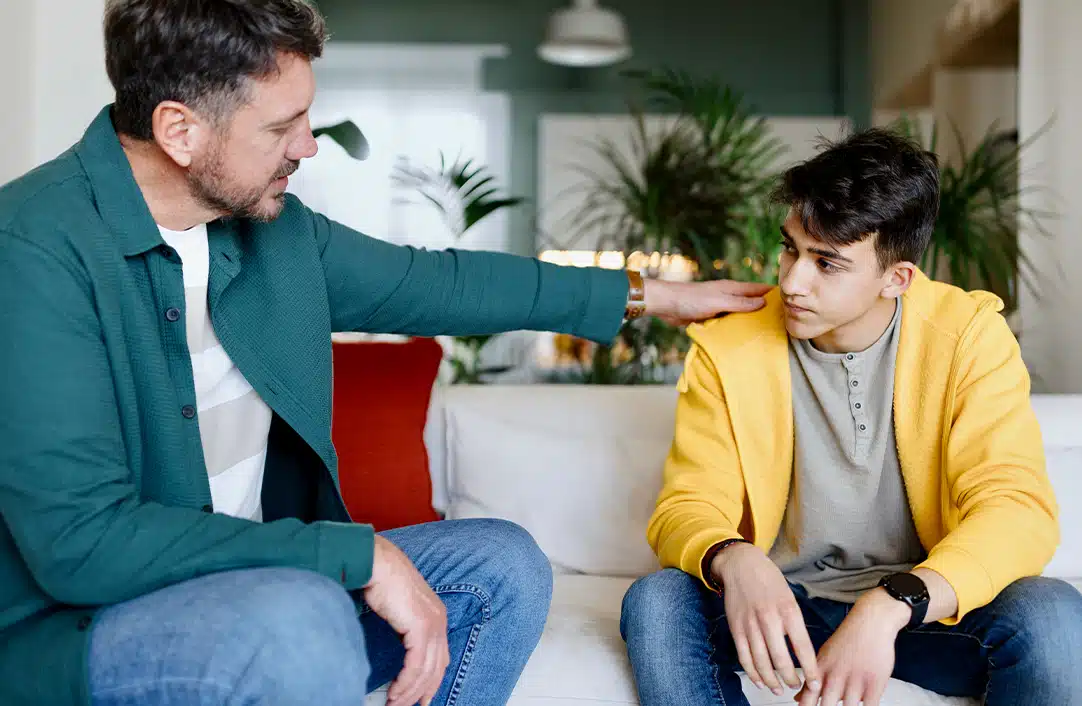
Statute of Limitations on Sexual Abuse

